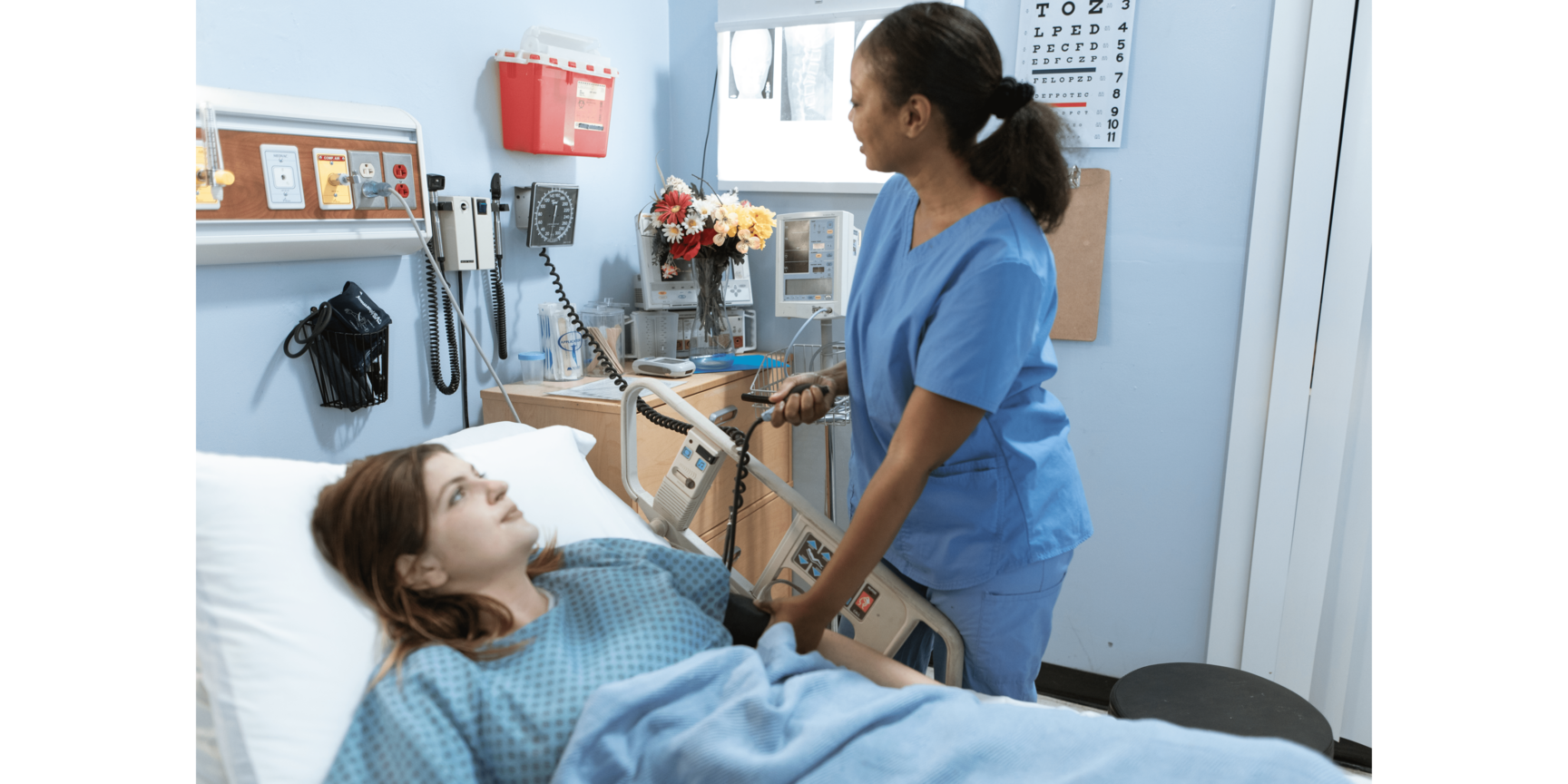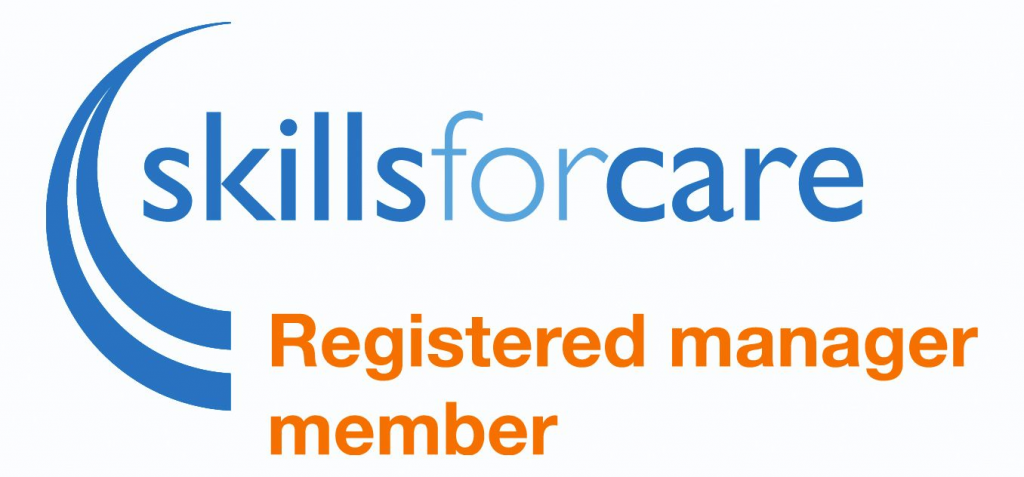
- Are you equipped with the knowledge to effortlessly promote compliance with both national and local regulations, ensuring your organization operates seamlessly within the guidelines set by authorities?
- Do you have the skills to expertly assess and minimize workplace risks, safeguarding the well-being of your team and creating a secure environment for everyone involved?
- Are you sure that, by providing a safer experience for patients, service users, and visitors in your care setting, you will be able to reduce the incidence of accidents, incidents, or negligence?
If you answer no to any of the above questions, then this course is for you.
This 4-day live training course, crafted at an introductory level 1, is specifically tailored for individuals who require training as part of their role, encompassing refresher training, inductions, awareness sessions, and knowledge enhancement. It is specifically designed for:
Caregivers and Carers: This Care Certificate and Manual Handling is tailored to improve your ability to move and manipulate, allowing you to better understand the dynamics of these tasks, prevent injuries, and manage risks effectively if you are involved in caregiving or provide support for people at a care facility.
Healthcare Workers: Whether you’re a nurse, doctor, part of the ambulance service, or involved in clinical and non-clinical roles, this course is designed to meet the needs of healthcare professionals.
Team Training: This course is perfect for organisations that wish to reinforce the healthcare team’s skills, providing a holistic overview of manual handling techniques. It is the ideal solution to ensure that all members of your team have a thorough knowledge of promoting safety, minimising risks, and complying with regulations.
Youth Workers: Tailored for activity leaders, those in passenger transport services, and volunteers working with youth, this course ensures a solid foundation in manual handling practices.
Individuals seeking personal development: This course offers valuable knowledge of manual handling, whether you desire to improve your skills and become a better person or are considering moving into the healthcare sector. You have a very good chance of obtaining the certificate to increase your profile, which could lead to new career opportunities.
In summary, this course aims to provide caregivers, healthcare professionals, teams working in nursing homes, and individuals looking for personal development with a full understanding of manual handling methods that constitute an essential part of a safe and efficient provision of care.
You will be awarded a CPD-accredited Safe Moving and Handling course certificate upon completion of this course.
COURSE CONTENT
The course will cover 17 subjects required to qualify for a care certificate.
- Dementia Awareness
- Dignity and Privacy
- Duty of Care
- Emergency First Aid at Work: Online Annual Refresher
- Equality, Diversity, and Discrimination
- Handling Information in a Care Setting
- Health and Safety in a Care Setting
- Infection Control
- Learning Disability Awareness
- Mental Health Awareness
- Nutrition and Hydration
- Person-Centered Care
- Principles of Communication
- Safeguarding Adults
- Safeguarding Children
- Understanding Your Role in Care
- Your Personal Development
Required Frequency of Refresher Training
The Core Skills Training Framework (CSTF) recommends refresher training every 3 years, aligning with local risk assessments. This will ensure that the key learning outcomes continue to be valid and applicable, thereby contributing to a consistently high standard of care and safety. Importantly, this course is suitable for all staff, including unpaid and voluntary staff, and its core learning outcomes are intended to be transferable and portable between roles or settings.
Empower yourself or your team with this essential manual handling course, ensuring compliance, safety, and proficiency in care settings.
Why Do You Need Care Certificate and Manual Handling?
Safe Manual Handling Training is vital for social care staff because moving and handling individuals and equipment is a routine aspect of their work, posing a risk of injury. Employers must offer training to all those who take part in these tasks, to minimise this risk efficiently. This very important training for social care staff can be delivered easily, effectively, and efficiently through our 4 Days Live Training Course.
What are the potential hazards linked to manual handling within the care industry?
In the care sector, the risks associated with manual handling necessitate a precise identification of hazards and activities that might pose increased risks to staff. Tasks such as bathing individuals with specific needs or assisting in-person transfers are potential sources of risk.
Certain staff members may find themselves assuming awkward postures during their duties, leading to physical stress and strain.
While manual handling equipment like hoists and wheelchairs can aid in safe moving and handling, it is crucial to use them appropriately to prevent exacerbating existing risks.
What are the conditions that must be complied with to ensure safe movement and handling?
To ensure safe moving and handling of work, several conditions must be met, in accordance with CQC (Care Quality Commission) mandatory training requirements for health and social care workers. These conditions include the following:
Education in Anatomy and Physiology
Health and social care workers need to receive education in anatomy and physiology, providing them with a fundamental understanding of the body’s mechanics. To carry out safe transport and handling activities, this knowledge is of vital importance.
Training in Moving and Handling Equipment
Care workers must be trained in using moving and handling equipment in care homes safely. This training enables workers to make effective use of equipment so that they can enhance the safety of individuals and caregivers in their work.
Understanding Policies, Procedures, and Legislation
Care workers should be informed of the policy, procedures, and legal provisions concerning transfers and placement of persons in their care. This knowledge entails knowing how to minimise risks, seek assistance and comply with legal requirements.
Refresher Training and Assessment
CQC recommends conducting refresher training and assessments annually to ensure that skills and knowledge remain current. Additionally, if new risks arise, possibly due to the installation of new equipment or processes, additional training is required.
Clear Statement of Policy
Care providers must have a clear statement of policy addressing critical elements. The definition of roles and responsibilities, recognition of existing risks, and arrangements for manual handling training and monitoring of compliance are also part of this.
By meeting these conditions, care workers can uphold the standards set by the CQC, ensuring the safety of both themselves and those under their care during manual handling activities.
Are you ready to secure a job as a care assistant in an NHS or hospital setting, residential care home, or support worker in supported living or domiciliary care? Do you want to learn the ethics, code of conduct for social care workers, theory, and practical skills necessary to fulfill your role as a nursing assistant? This is the course you need.
What are you still waiting for? Enrol today.




